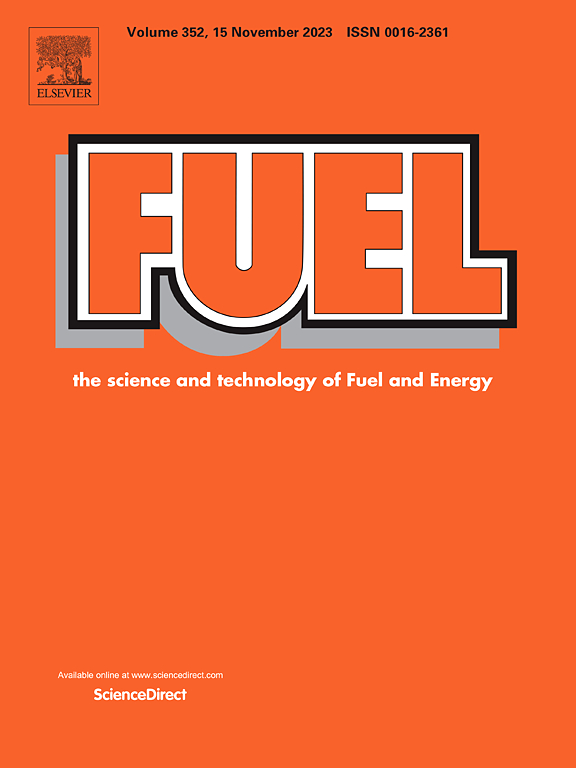Systematic evaluation of a high-performance solar-driven hybrid system for cost-effective methanol and hydrogen co-production via chemical looping methane reforming
IF 6.7
1区 工程技术
Q2 ENERGY & FUELS
引用次数: 0
Abstract
During the transition from traditional commercial methanol synthesis to zero-carbon solar methanol production, an optimal strategy that bridges industry practices with future prospects is required to ensure both efficient and low-carbon methanol production. In this study, a solar-driven chemical looping reforming-based hybrid system is proposed for coproduction of methanol and hydrogen, an experimentally validated mid-temperature chemical looping reforming process is introduced to produce optimal syngas and high-purity hydrogen. The thermodynamic, economic and environmental evaluations are carried out, and mechanisms for improved performance are uncovered. The results show that the hybrid system showcases overall energy and exergy efficiencies of 64.6 % and 71.3 %, respectively, with over 5 % rise in efficiencies and a 300 °C reforming temperature drop compared to steam methane reforming-based system. Exergy destructions are reduced by 34.3 % in fuel conversion and 47.1 % in heat exchange. The levelized cost of methanol is cut by 23.8 % and lowered to 300 $ t−1, with over 60 % of the cost offset by value-added H2 byproduct. CO2 emission is reduced by 65 % at a lower carbon cost through effective vent gas utilization. This research is expected to offer an eco-friendly, efficient, and economical solution for utilizing solar energy in large-scale methanol production.
求助全文
约1分钟内获得全文
求助全文
来源期刊

Fuel
工程技术-工程:化工
CiteScore
12.80
自引率
20.30%
发文量
3506
审稿时长
64 days
期刊介绍:
The exploration of energy sources remains a critical matter of study. For the past nine decades, fuel has consistently held the forefront in primary research efforts within the field of energy science. This area of investigation encompasses a wide range of subjects, with a particular emphasis on emerging concerns like environmental factors and pollution.
 求助内容:
求助内容: 应助结果提醒方式:
应助结果提醒方式:


